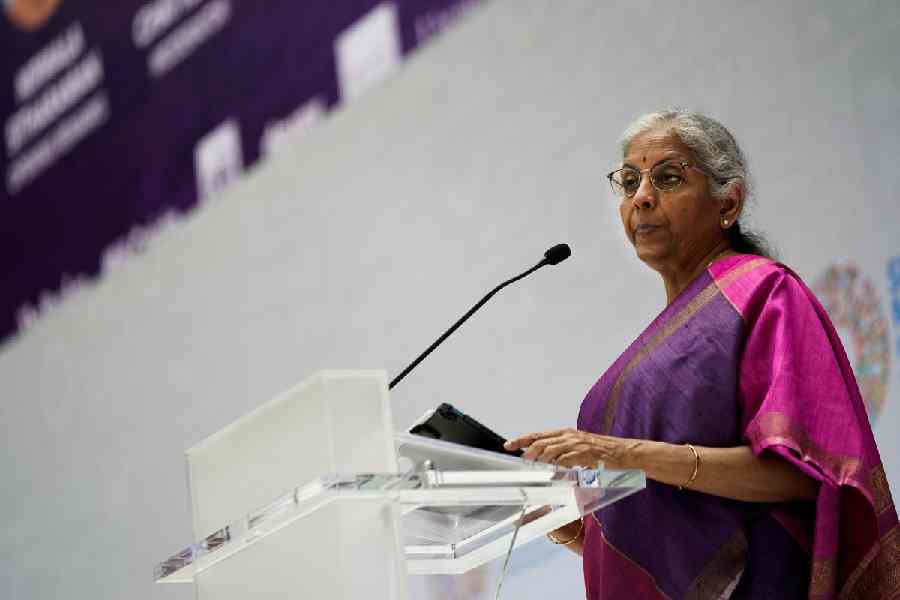Expectations of income tax relief in the forthcoming budget are growing among the middle class as the dust settles on the marathon Lok Sabha elections and the Modi 3.0 government gets down to brass tacks.
This middle class has not seen significant tax revisions in recent years, fuelling hopes of a reprieve amid rising living costs.
Finance minister Nirmala Sitharaman, who took charge on Wednesday, is already engaged in a series of high-priority meetings focused on the budget.
Sitharaman on Wednesday assured top finance ministry officials the government remains committed to improving the “ease of living” for its citizens and pledged to continue the reforms initiated since 2014 to bolster macroeconomic stability and growth.
“India’s growth story is commendable despite global challenges, and we maintain an optimistic economic outlook for the coming years,” Sitharaman said.
She emphasised that ministries must advance the National Democratic Alliance (NDA) government’s development agenda with renewed vigour to achieve Prime Minister Narendra Modi’s vision of a ‘Viksit Bharat’ (developed India).
Analysts point out that while Goods and Services Tax (GST) collections have surged, inflation continues to squeeze household budgets, making it difficult for citizens to manage rising medical and educational expenses. The government has not revised income tax slabs and rates since 2020-21.
Tax analysts said the government will persist in pushing the new income tax regime. The new system is in default this year, requiring taxpayers to opt in if they prefer the old system.
This is a reversal from the previous year, and it signals a potential phase-out of the old system by fiscal year 2025.
Narayan Jain, a tax advocate, stressed the need for reduced tax burdens. “The exemption limit should increase to ₹5 lakh, with revised tax slabs of 10 per cent for incomes from ₹5 lakh to ₹10 lakh, 20 per cent for ₹10 lakh to ₹20 lakh and 25 per cent for incomes above ₹20 lakh. Additionally, the surcharge and cess should be eliminated for simplicity,” Jain said.
Simplifying the tax structure would facilitate compliance, Jain said, proposing significant revisions to the threshold for tax deduction and collection at source and a reduction of the tax collected at source (TCS) rate on foreign travel to 5 per cent.











